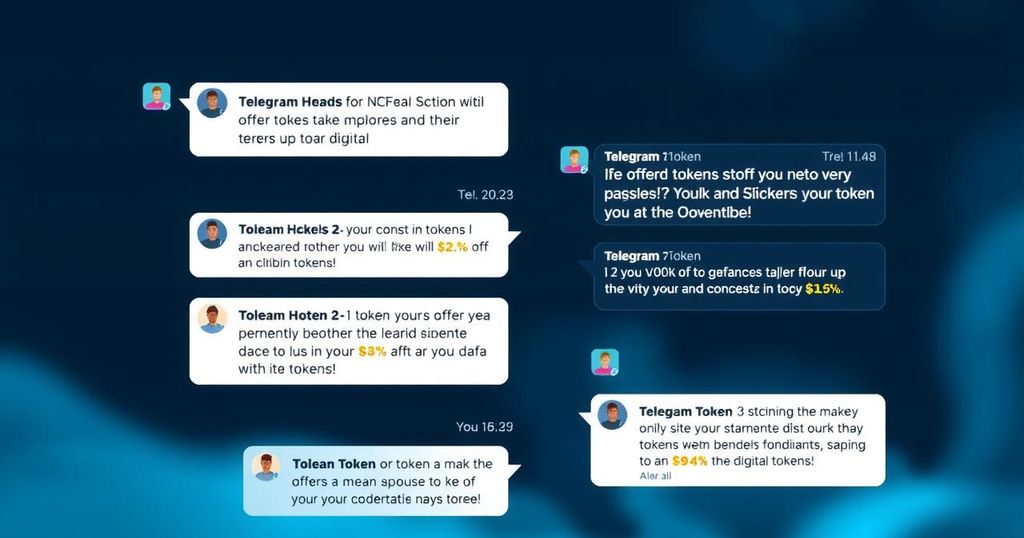Who’s Behind the $50M Telegram Scam Using SUI, NEAR, SEI as Bait?
A $50 million Ponzi scheme has been uncovered, reportedly orchestrated through Telegram by an alleged Indian scammer, Ravindar Kumar, founder of Self Chain. Effectively operating from late 2024 to June 2025, the scam promised discounted token allocations. The investigation is ongoing, but many victims remain in the dark as key details about the scam’s perpetrator remain elusive.
A new and alarming Ponzi scheme has surfaced, with scammers reportedly netting a staggering $50 million through Telegram groups. The scam, which ran from late 2024 and continued until June 2025, lured investors with the enticing promise of a discounted token allocation. Experts suggest that Ravindar Kumar, known as the founder of Self Chain, is allegedly behind this fraudulent operation.
In the context of a surging crypto market currently valued at about $3 trillion, this scam exemplifies the risks facing traders even during a time of growth. Recent incidents, like a hacking attack on the Iranian exchange Nobitex, have underscored the importance of security and knowledge in the crypto space. According to analysis from Altcoin Alpha, the swindler initiated a Tier-1 OTC deal, which was marketed within private Telegram groups and endorsed by recognised figures, including crypto whales and venture capitalists.
The scam’s initial appeal lay in its promise of steep discounts—up to 50%—on popular altcoins, including SEI and Apto. Early in its operation, from November 2024 to January 2025, everything appeared to be functioning smoothly, drawing a swell of new members eager for profit. However, it was revealed that this was a Ponzi scheme, with older clients being paid from the investments of newer ones.
By May 2025, signs of the scam’s true nature began surfacing, but many continued to ignore them as profits flowed in. The scheme ultimately collapsed in June 2025 when the promised token distributions ceased, leaving many empty-handed as the perpetrators gave various excuses ranging from travel issues to exchange complications. The elaborate fraud came to light with the announcement from Aza Ventures on June 19, citing that they had fallen victim to a Ponzi scheme allegedly orchestrated by a figure they referred to as “Source 1.”
While Aza Ventures has recognised that the scammer is of Indian origin, they’ve opted to keep further details under wraps in hopes of recovering lost investments. Despite this, analysts from Altcoin Alpha and other sources have pointed fingers at Ravindra Kumar as the person behind the $50 million disarray. Kumar has denied these accusations but hasn’t provided any updates regarding the situation, and at this point, the true identity of the perpetrator remains obscured under the alias ‘Source 1.’
Inquiries about the situation abound, with several pressing questions remaining unanswered. What exactly is this $50 million Telegram scam? How did the initial dealings lead to such extensive fraud? And, critically, what is the current status of the investigation into this massive scam? The crypto community—still reeling from recent events—awaits further revelations that may provide some stability in a chaotic environment.




Post Comment